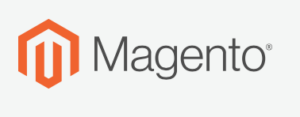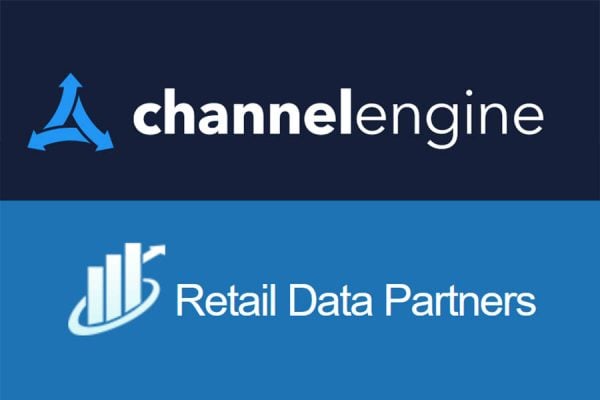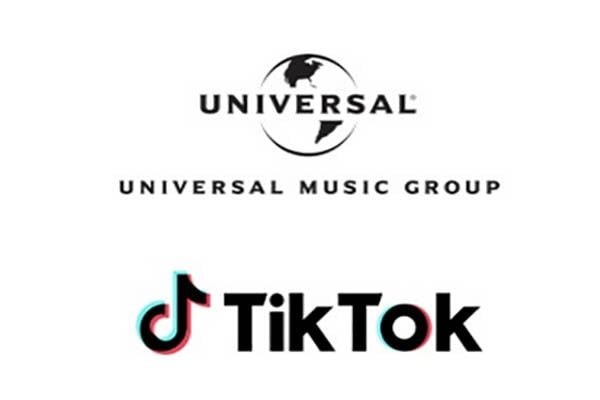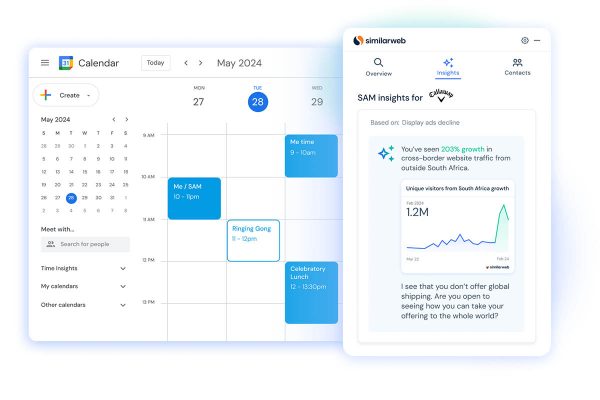Any ecommerce site needs a good platform on which to run. As we touched on right at the start, there are some common website building tools that can help you get going. But what if you are ready to expand things and want to go further?
Here we take a look at some of the main ecommerce platforms that you may want to consider and take a look at how to migrate to those platforms, technically and financially.
With more than 500,000 ecommerce websites hosted on it, a million active users, Shopify handles some $46billion of ecommerce worldwide for SMEs and larger brands alike each year.
Benefits
Ideal for beginners, Shopify comes with more than 100 templates and themes, and there are more than 1500 plug ins covering everything you could possibly think of to enhance your business. Chief among these is integration to Facebook that allows you to create a shoppable store front on the social site.
It is also mobile optimised, with a special mobile-optimised cart. The site will also connect you to App Developers who can assist you in developing your app as well as your website.
Shopify also comes with 24×7 expert support via live chat and phone.
It also draws on its vast customer base to run tutorials and forums to help you develop and grow as a retailer.
Drawbacks
Shopify is an ideal starting point for anyone serious about running an ecommerce business and is great for beginners. If you want to do anything clever, or unusual – especially with design – then it might not be the platform for you.
The major drawback, however, is payments. If you want to use Shopify’s own in-built payment gateway, then you pay no transaction fees. If you want to use your own choice of payment gateway then there are extra transaction costs on every transaction (See Costs, below)
Migration
Migrating from a 1and1 domain name to using Shopify is easy – Shopify even gives you a discount if you already use 1and1. There are some tweaks you need to make to your settings in DNS, but simply signing up to Shopify will talk you through how to migrate. Migrating from other services to Shopify can be more tricky, and you may want to use a service such as Cart2Cart to manage the migration of data automatically across. But overall, migration to shopify is easy.
Costs
Shopify is pay monthly and starts at $29 pcm for the basics. There is an intermediate package at $79 that features ‘everything you need for a growing business’ and the advanced package goes for $299, which features everything, plus the ability to scale up.
But they are just the ‘rental’ fees. Online credit card processing runs on a sliding scale depending on package, from 2.2% +20p for the $29 package to 1.6% + 20p for the advanced.
Transaction fees, as seen, also apply if you use an external payment gateway, at 2.0% for the basic package, 1.0% for the intermediate and 0.5% for top end. If you use Shopify Payments there are none on any packages.
With around a quarter of the market, Magento is largely considered to be the market leader in ecommerce platforms for SMEs and beyond. It is considered to be super reliable and is the platform of choice, for among others, Burger King and Liverpool Football Club.
Benefits
Magento is widely regarded for its ease of use, reliability and how it is very easy to set up and manage. It is built on open source coding, so there are many – nearly 10,000 – plugins and extensions, but it also means that you can customise it yourself (or get someone with coding skills to do so). It comes with free extensions to enable social commerce and has a huge library of demos, tips and help from its vast community of users and developers.
And, naturally, Magento is mobile optimised, as well as offering the ability to develop apps too.
Drawbacks
Aside from costs (see below), the main drawback with Magento is that its open source nature means that it is quite big and complex and finding what you want can be hard. If you take the free Community version, then you may have to sort out all manner of hosting, SSL and customisation issues to get your site just as you want it – which can add significant costs.
Migration
As with Shopify, leading domain register and host 1and1 are on cahoots, so 1and1 offers a whole range of Magento-based solutions, so if you already use 1and1 then migration is easy – though there is a cost. From Wix or any other host, it is more tricky. But again there are plenty of tools out there. In fact there is even a Magento open source extension called litextension that can help migration.
Costs
The entry level Magento Community product is free. The top end Magento Enterprise product is around $20,000 a year… but there are many levels in between with varying price points offering a variety of different solutions.
BigCommerce is a curious beast. It is used by high end names such as Toyota, as well as offering a great ‘next step’ product for SMEs. It is feature rich but as a result is quite technical to use.
Benefits
BigCommerce comes with a vast array of features, including all the ones you’d expect to get, but also features that allow you to produce newsletters and coupons. It also offers built in tools that allow for the management of shipping, tax and analytics. It also features no transaction fees.
All designs and customisations done on BigCommerce are all mobile optimised and it easily integrates with Facebook, eBay and Google shopping.
It also has great 24×7 support and an extensive network of users and forums, tutorials and helpful insights.
Drawbacks
The biggest drawback compared to the others is that it only offers a few free themes to design your site with. It has many premium themes – that are very good – but you have to pay for them, but they are highly customisable, so if you are looking for something special, this may be the site for you.
Migration
Migration to BigCommerce is relatively easy, with the site itself providing extensive instructions as to how to do it and a range of tools to help with everything from importing products and even app migration.
Costs
For SMEs, BigCommerce offers a range of plans ranging between $29 a month to $199 a month, and so sets itself up as a strong contender to Shopify, however it has no transaction fees.










